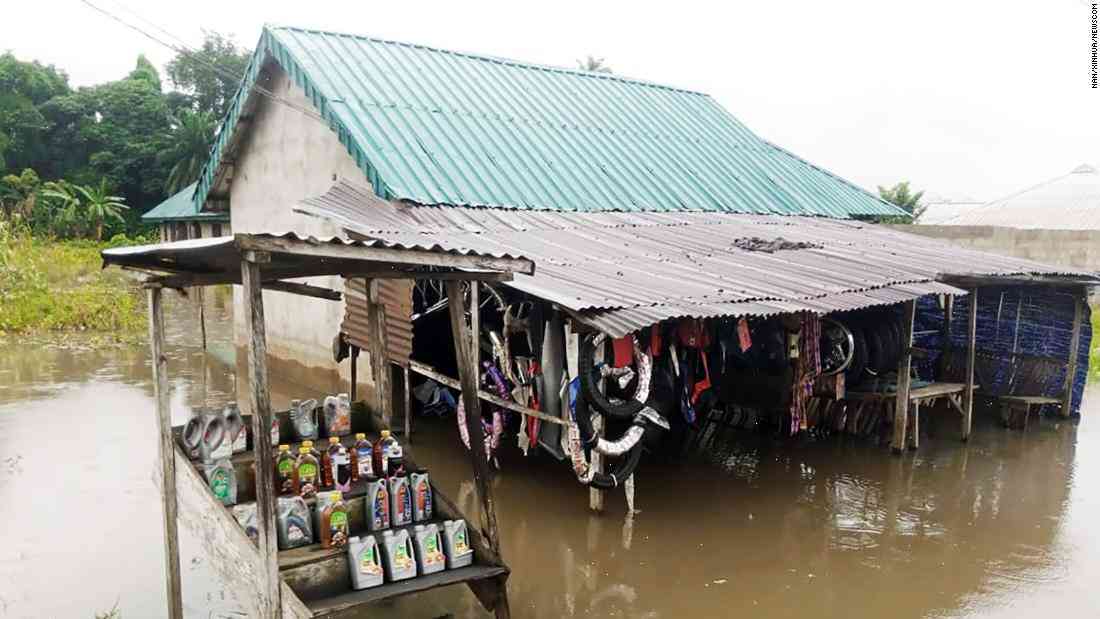More than 600 killed in Nigeria’s worst flooding in a decade The worst flooding in decades forced authorities to evacuate tens of thousands of people, leaving more than 600 dead, mostly in the northeast.
CAIRO — The worst flooding in decades forced authorities to evacuate tens of thousands, leaving more than 600 dead, mostly in Nigeria’s northeast.
More than 300,000 people could face flooding and other hazards if a monsoon storm sweeps through on November 7, the U.N.’s World Meteorological Organization warned Friday. But the agency still said no storm would threaten the region for the second consecutive year in a row without “significant” improvement in the country’s disaster response.
It issued its “very dry” advisory for the northeastern region of Borno state, which includes its capital, Maiduguri, as it reported that “many settlements and small villages have been submerged.”
The U.N.’s World Food Program, which is feeding 60,000 people in the state, said it has reached out to local governments in the area, asking them to provide humanitarian assistance. The state had so far seen 20,000 affected people, the WFP said Friday.
Floodwaters have left communities like Guji, a settlement on Nigeria’s border with Chad, in “absolute panic” as they fled to higher ground.
A child rides across floodwaters to escape Guji, Borno State, Nigeria, on Sept. 25, 2018. MOHAMMED ABDOB ALUNO/AFP/AFP via Getty Images
“My home is flooded. When I get home, my feet are swollen up like my heart. My door is also flooded,” said Maryam Aklilu, a mother of 5, who was trying to run her washing business when the floodwaters came. “I have no work. I can’t even feed my children.”
More than 5,000 people have fled Guji as the floodwaters rose past their buildings. They are staying temporarily in a school in another town.
The flooding has cut off the route between Maiduguri, home to Nigeria’s second largest city, and the port city of Kano, the gateway for much of the country’s oil, to a key oil hub for trade by sea. That’s leading to a huge

